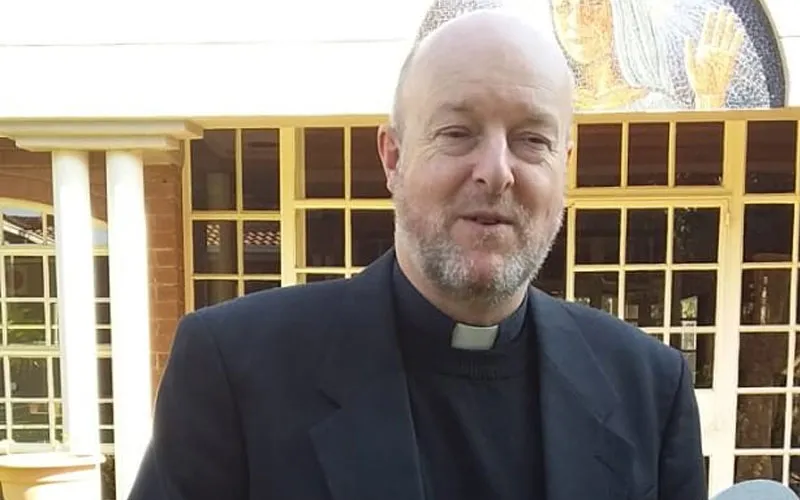Johannesburg, 19 September, 2022 / 9:50 pm (ACI Africa).
The Secretary General of the Southern African Catholic Bishops’ Conference (SACBC) has said that the Synodal process in the three countries of the Conference, Botswana, Eswatini, and South Africa, allowed people an opportunity to gather together to discuss “a new way of being”.
In an interview with ACI Africa about the SACBC Synod Synthesis Report, Fr. Hugh O'Connor said, “The synodal process was actually an assembly of people getting together to discuss a new way of being. It was about looking at the church and looking at the relationships that we want to structure so that we become more of a synodal church.”
“Words like listening, like dialogue, engagement, relationship, these were the important words, ways of being together as Church, leadership with ordinary parishioners, parishioners with Clergy, Religious with leadership, and Bishops,” said Fr. O’Connor during the September 15 interview.
The member of the Clergy of South Africa’s Cape Town Archdiocese further said that the Synodal process paved the way to “the realization that the church is no longer able to work along a hierarchical command structure.”
“Leadership is no longer able just to give commands and expect blind obedience. It's not how the world is working today,” the Priest who has been SACBC Secretary General since January 2021 said.








